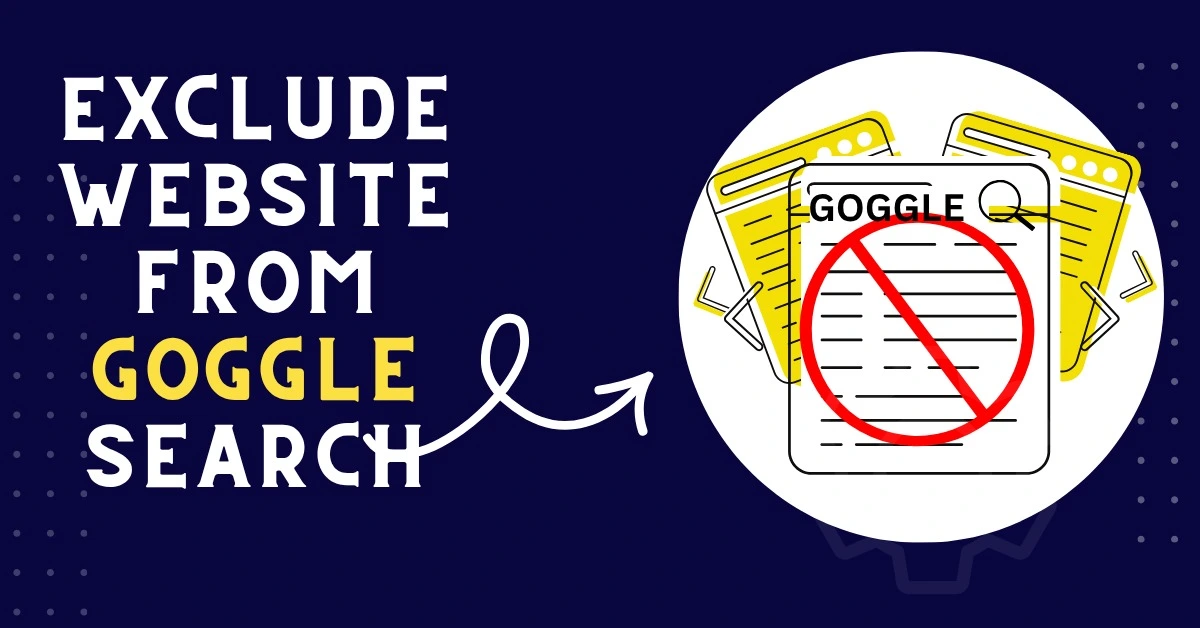
- +971 56 844 2059
- info@waincewebtech.com
- Vision Tower, Business Bay, Dubai, UAE

Are you pissed off because your website got hit by every Google core update? Or your website is not ranking even after checking every single point? It may be due to the overuse of the main search theory, which is considered a nightmare for website content in SEO. In this article, we will teach you how to avoid keyword stuffing, it’s an example, and how Google’s algorithm understands it.
To understand it, it is important for you to know its examples and how it works.
Sometimes, writers use the Target words in the content many times in an unnatural way. They push it in every line of the content, which harms the credibility of your webpage. When a user comes to our site, he/she read one phrase again and again and get annoyed. This is called visible stuffing of keywords.

Some writer works smarter and hide the overuse of Search terms from the users. But Google is smart enough to detect the unnatural use of the Focus phrase. Practices like white text on a white background, tiny font size, hiding terms in the HTML code or comment tags are deceptive and go against Google’s quality guidelines.
Overusing key phrases dilutes the relevance and readability of your content. Search engines are designed to reward valuable content. If they detect manipulative Search term use, instead of boosting your SEO, your site may face several consequences.
What might seem like a shortcut can seriously harm your site’s credibility and visibility. Instead of climbing the rankings, your page might disappear entirely from them.
Google continuously updates its algorithm to promote quality content. Notable updates that addressed this issue include:
These updates highlight the need for content that serves people first, not search engines.

If you’re unsure whether your page is overloaded with content term, here’s how to spot it:
These tool provides insight into your content’s SEO health. It flags overused target words, suggests alternatives, and gives a readability score.
Even links pointing to your site can contain stuffed anchor text. Look for backlinks with unnaturally repeated SEO term, and clean them up if necessary.
Don’t try to push too many search terms into a single page, as it is a fast way to lose your reader and confuse the search engine. Search for two or three relevant key terms that truly fit into the intent of the key phrase. Build your content around them without forcing them into every paragraph.
Following SEO best practices is a wonderful part to rank your site organically. Make sure your content is for users, not for search engines. Place the focus term in the first paragraph of your content, meta description, H1, and meta title, as it will make your content authentic. Apply secondary key terms in a way that looks natural and makes the intent of the content clear and easy to understand for the users. Also, ask yourself: Does this placement help the reader, or does it feel forced?
When creating backlinks, ensure that the anchor you are using is according to the intent of that backlink. Don’t push the backlink just for authority, always select the text that attract users, not search engine. Make it read like normal and natural for your website.
It’s not important every time to write the main term every time in the content. Make your content high-quality by using secondary, long-tail terms and synonyms in a natural way. Scatter these words in a way that makes the context of your page authentic and value-added.
When you start content writing, make sure your primary content term is available according to the given percentage. Ensure that you added the focus terms in the content according to the google.
Instead of adding search queries into the entire content, add them into the main elements like meta title, meta description, H1, and the first paragraph of the content, which will look natural and build the authority of the content.
Don’t keep the search engine in mind when writing a copy. Always write it in an organic and conversational tone that attracts the readers who came to your site. Be sure your web page is fulfilling the search intent of users.
To make your content more authentic, add terms that are relevant to your main search query. Use trustworthy tools like Semrush and Ahrefs that extract the related search queries and will create a list for you. Also, analyze SERP and Google Instant to find out organic queries related to your primary search term. Using target word variations will help you make your page content
Writing long content lessens the chance of this problem. By increasing the length of content, you will get the perfect chance of spreading the primary and relevant terms in a natural way. When a search engine finds out that the placement of search queries in your content is natural, then your site starts to rank. There is no ideal length for content, but you can write from 1500 to 2000 words long content for every web page.
Don’t just focus on writing long content; also make sure that the content is value-added and exactly matches the intent of the specific term. Content might be user-friendly, accurate, unique, and plagiarism-free.



Waince Web Tech is a Digital Creative Freelancing Platform . We create joyful digital experiences and unique visual.